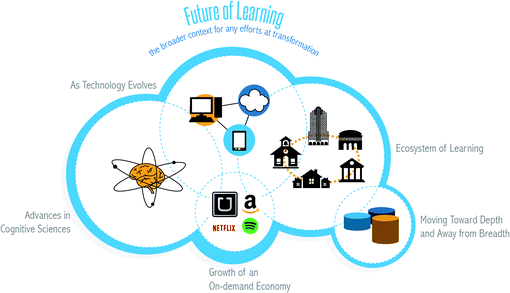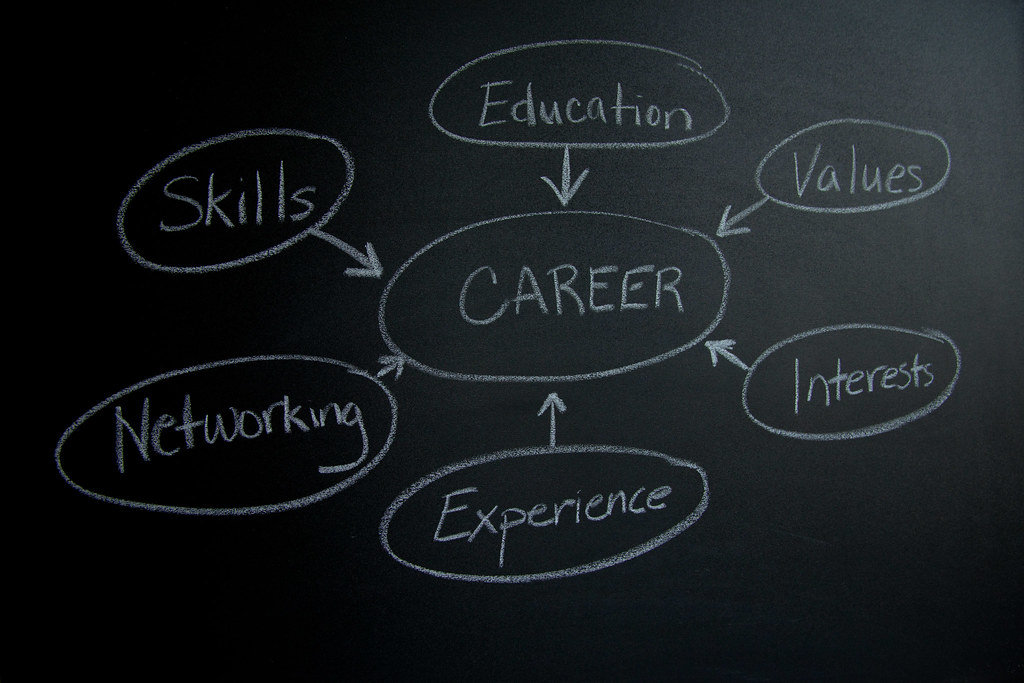
College education plays a vital role in shaping an individual’s future, providing them with the skills, knowledge, and experiences necessary to succeed in a competitive world. Beyond simply earning a degree, college education is an opportunity for personal growth, career advancement, and societal contribution. This article will explore the significance of college education, its benefits, and how it equips students for the challenges and opportunities that lie ahead.
What is College Education?
College education refers to the post-secondary education that individuals pursue after completing high school. It typically involves enrolling in a university, college, or a similar institution to earn a degree in a specific field of study. College education can be pursued at different levels, including associate, bachelor’s, master’s, and doctoral degrees, depending on the individual’s career goals.
In college, students engage in a variety of academic and extracurricular activities that expand their knowledge, skills, and perspectives. College education not only focuses on specialized knowledge but also helps students develop essential life skills that will benefit them throughout their careers and personal lives.
The Importance of College Education
1. Career Opportunities and Job Security
One of the most significant advantages of a college education is the increased career opportunities it provides. In today’s competitive job market, employers increasingly prefer candidates with a college degree, as it demonstrates their dedication, expertise, and ability to handle complex tasks. A degree in a specific field also opens doors to specialized careers that may not be accessible to individuals with only a high school diploma.
College graduates typically have access to a wider range of job opportunities, higher-paying positions, and better job security. According to research, individuals with a college degree earn significantly more over their lifetime compared to those without a degree. Moreover, they are less likely to experience unemployment, as many industries prioritize educated professionals with the necessary skills.
2. Personal and Intellectual Growth
College education offers more than just academic knowledge; it also promotes personal growth and intellectual development. College exposes students to diverse ideas, cultures, and perspectives, encouraging critical thinking and broadening their worldviews. This environment helps students develop problem-solving abilities, creativity, and the ability to analyze complex situations from various angles.
Through engaging with professors, fellow students, and guest speakers, college students gain valuable insights and knowledge that extend beyond their chosen field of study. This exposure helps students become more open-minded, adaptable, and capable of thinking critically about complex issues, which are essential skills in today’s fast-paced world.
3. Development of Essential Life Skills
College education is an excellent opportunity for students to develop essential life skills that are vital in the workplace and in personal life. These skills include:
- Time Management: College students learn to balance multiple responsibilities, such as coursework, exams, extracurricular activities, and part-time jobs. Effective time management helps students become organized, productive, and capable of meeting deadlines.
- Communication Skills: Throughout college, students participate in discussions, presentations, and group projects, all of which improve their verbal and written communication skills. Being able to express ideas clearly and persuasively is an invaluable skill in any profession.
- Problem-Solving and Critical Thinking: College education challenges students to think critically, analyze data, and solve complex problems. These skills are essential in tackling real-world challenges in a professional setting.
- Collaboration and Teamwork: College often requires students to work in teams on projects, which helps them develop collaboration and teamwork skills. Learning to work effectively with others is crucial in the workplace, where teamwork is often essential for achieving common goals.
4. Networking and Professional Connections
Another key benefit of attending college is the opportunity to build a professional network. College provides numerous chances for students to meet and interact with professors, alumni, fellow students, and industry professionals. Networking during college can lead to valuable career opportunities, internships, mentorships, and job offers after graduation.
Career fairs, internships, and academic conferences also offer students the chance to connect with potential employers and industry leaders. Establishing these connections can make the transition from college to the workforce much smoother and increase the likelihood of securing a desirable job.
5. Personal Fulfillment and Confidence
Pursuing a college education also contributes to personal fulfillment. Earning a degree is a significant accomplishment that boosts self-esteem and confidence. The challenges faced during college—be it academic, social, or personal—teach resilience, determination, and perseverance.
Completing a college degree is an achievement that can provide individuals with a sense of pride and accomplishment. The process of learning, growing, and overcoming obstacles builds self-confidence, which can positively affect all areas of life, from career prospects to personal relationships.
The Different Types of College Degrees
College education offers various degrees, each serving a different purpose and career path. Understanding the types of degrees can help students make informed decisions about their educational journey:
1. Associate’s Degree
An associate’s degree typically takes two years to complete and is often offered by community colleges, technical schools, and some universities. This degree can be a stepping stone toward a bachelor’s degree or lead to entry-level careers in fields such as healthcare, business, and technology.
2. Bachelor’s Degree
A bachelor’s degree is the most common degree and typically takes four years to complete. It provides students with a comprehensive understanding of a specific field and is required for many professional careers. Common bachelor’s degrees include Bachelor of Arts (BA), Bachelor of Science (BS), and Bachelor of Fine Arts (BFA).
3. Master’s Degree
A master’s degree is a graduate-level degree that typically requires one to three years of study beyond a bachelor’s degree. This degree allows individuals to specialize further in their chosen field and opens doors to higher-level positions. Master’s degrees are available in fields such as business (MBA), education, engineering, and healthcare.
4. Doctoral Degree
A doctoral degree is the highest level of academic achievement. It requires several years of research and study beyond a master’s degree and is often pursued by individuals aiming for careers in academia, research, or specialized fields. The most common doctoral degree is the Doctor of Philosophy (PhD), but there are also professional doctorates such as Doctor of Medicine (MD) and Juris Doctor (JD) for law.
Conclusion
College education is an investment in a person’s future, offering countless opportunities for personal growth, career advancement, and intellectual development. It equips individuals with the skills and knowledge needed to navigate an increasingly complex and competitive world. Whether for professional success or personal fulfillment, a college education provides the foundation for achieving long-term goals, creating a fulfilling career, and contributing positively to society.
As the world continues to evolve, the importance of college education will only grow. It is not just about earning a degree; it is about unlocking potential, gaining a deeper understanding of the world, and preparing to make meaningful contributions to society.



